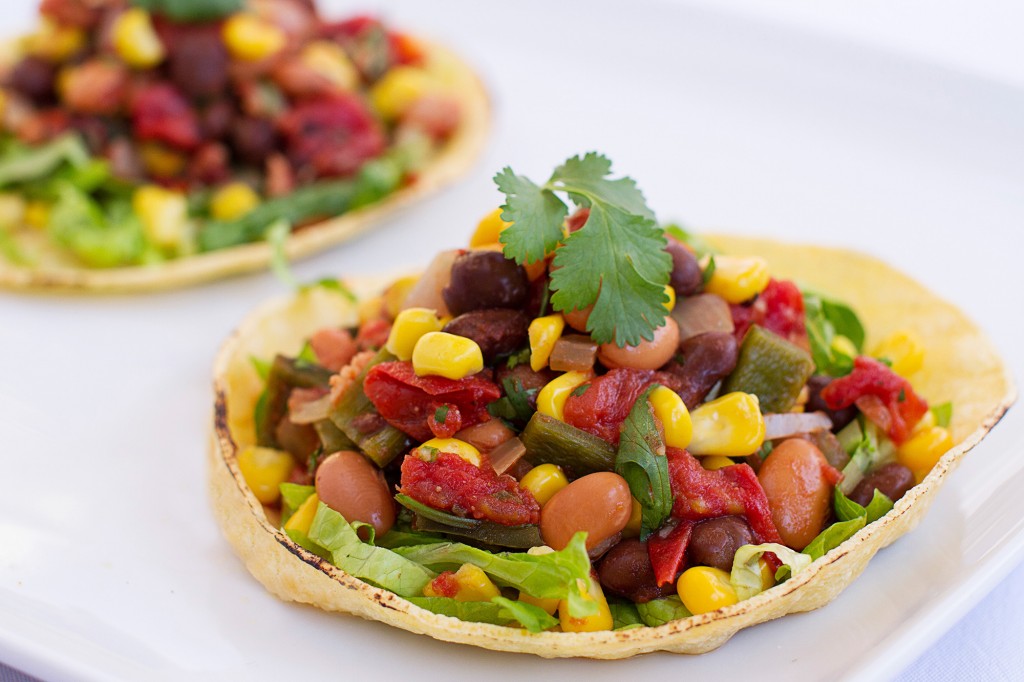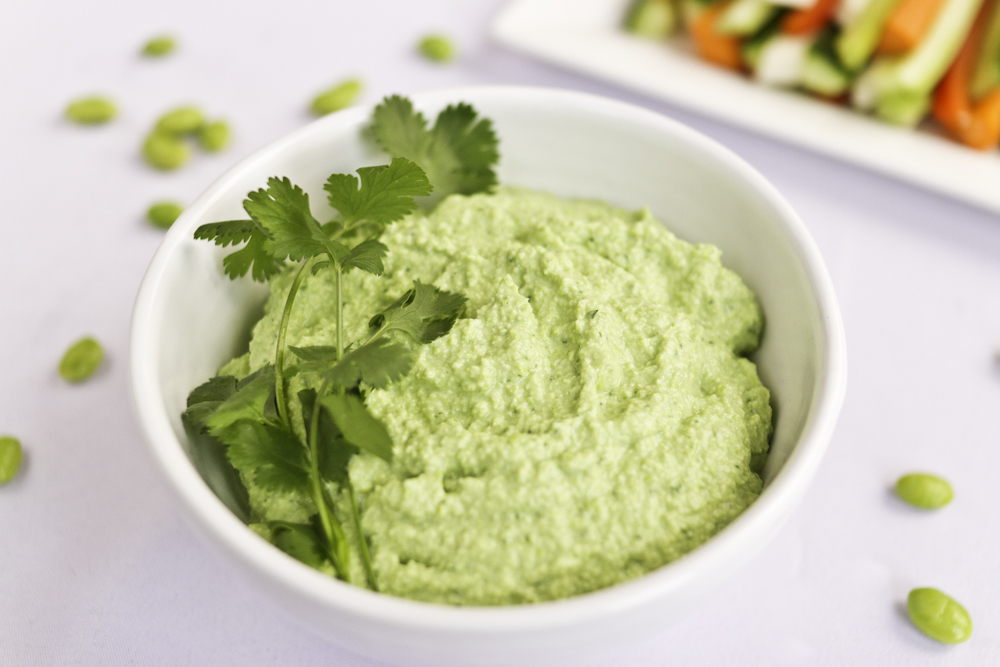
What are Pulses? Learn Why They’re Good for Your Heart
Photo Credit: Amanda Matheson, http://amandamathson.co/
Research has shown that eating pulses regularly (lentils, dry beans and peas) may reduce the risk of cardiovascular disease by reducing blood pressure, blood glucose and insulin levels and promoting weight loss.
Pulses are the botanical name for the edible seeds of legumes, which include beans, lentils and dried peas. The United Nations declared 2016 the “International Year of Pulses” in order to remind us of this ancient, vital food that is especially good for the heart – not to mention the environment. Pulses pull nitrogen from the air into the soil and increase its fertility. Here are more reasons why these protein packed gems are a great addition to your diet.
A daily half-cup of pulses—lentils, beans or chickpeas–could bring down your LDL cholesterol by 5 percent
Pulses Bring Down Your Cholesterol
A daily half-cup of pulses—lentils, beans or chickpeas–could bring down your LDL cholesterol by 5 percent in less than two months, according to a research overview published in the May, 2014 issue of the Canadian Medical Association Journal. The researchers tracked results from dozens of studies covering more than 1,000 participants, mainly middle-aged adults with a moderate risk of heart disease.
The study found that adding say, hummus, lentil soup, or a white-bean salad to your day tended to reduce LDL cholesterol, which contributes to lowering your risk of heart disease and may have other beneficial effects on other cardiometabolic risk factors, including body weight, blood pressure and glucose control. In fact, another overview, published in the July, 2014 issue of the American Journal of Clinical Nutrition concluded that eating legumes four times a week lowered the risk of heart disease by 14 percent.
Four Times the Amount of Fiber
Even your strictest vegetarian friends may not completely appreciate the wonders of pulses. They have four times the fiber of brown rice. One serving of kidney beans can match blueberries and pomegranate juice in anti-oxidants.
They Meet Your Protein Needs
When you decide to eat more plants and less meat, you may hear warnings from friends and family: “Make sure you get enough protein and iron!” Have no fear because pulses will sustain you. Just a half-cup of black beans, for example, contains more iron than a small flank steak and a cup provides nearly the same amount of protein. In all that plant-based protein, there is not a trace of cholesterol and minimal saturated fat. Instead, it actively reduces your cholesterol.
They’ll Help You Support a Healthy Weight
Eating pulses may help fight weight gain, according to a meta-analysis published in the May, 2015 issue of the American Journal of Clinical Nutrition. You’ll feel fuller on fewer calories, and are less likely to experience cravings.
They’ll Help You Manage Your Blood Sugar
Pulses are a good choice if you want to reduce your risk for diabetes or are concerned about your blood-sugar, according to research published in the November, 2012 issue of the Archives of Internal Medicine, which also showed that they helped cut heart disease risk.
They’re Good for Your Gut
The non-digestible fiber in pulses makes a feast for our healthy bacteria to thrive. If you strengthen the gut barrier and enhance the activity and diversity of the microbiota it will promote your intestinal health, which positively impacts your overall health. (See Ornish Living article Your Gut and Heart Health Connection to learn more about how our microbiome influences health and disease.)
Here are a few of my favorite ways to add more pulses to your meal plan:
1. Keep your refrigerator stocked with this delicious hummus from Ornish Kitchen. (See Sample Menu One) I recommend these three ways to it.
- Mediterranean Pizza: spread hummus on a low-fat whole grain pizza crust and top it with roasted red peppers and tomatoes, baby spinach, caramelized onion, fresh basil and nonfat feta cheese
- Veggie Wrap (great for on-the-go): spread hummus on a whole grain and add your choices of veggies such as shredded carrots, cucumbers.
- Hummus as a dip with veggies.
2. Boost Your Beans
- Add cannellini beans to a pasta marinara.
- Enjoy a simple, pulse packed burrito: roll a whole grain tortilla with black beans, brown rice, shredded lettuce, and salsa.
- Enjoy these Smoky Bean Tacos from Ornish Kitchen. (As seen in photo, see Sample Menu Two)
- Start your day with a pulse packed Green Smoothie: ¼ cup white beans + ½ cup soy milk + 2 cups kale+1/2 frozen banana + ½ c cubed pineapple.
How do you add more pulses to your meal plan?








